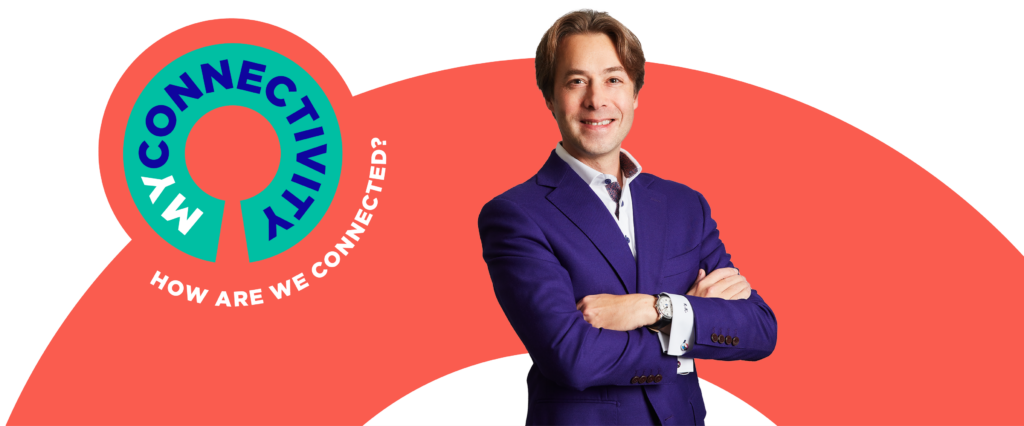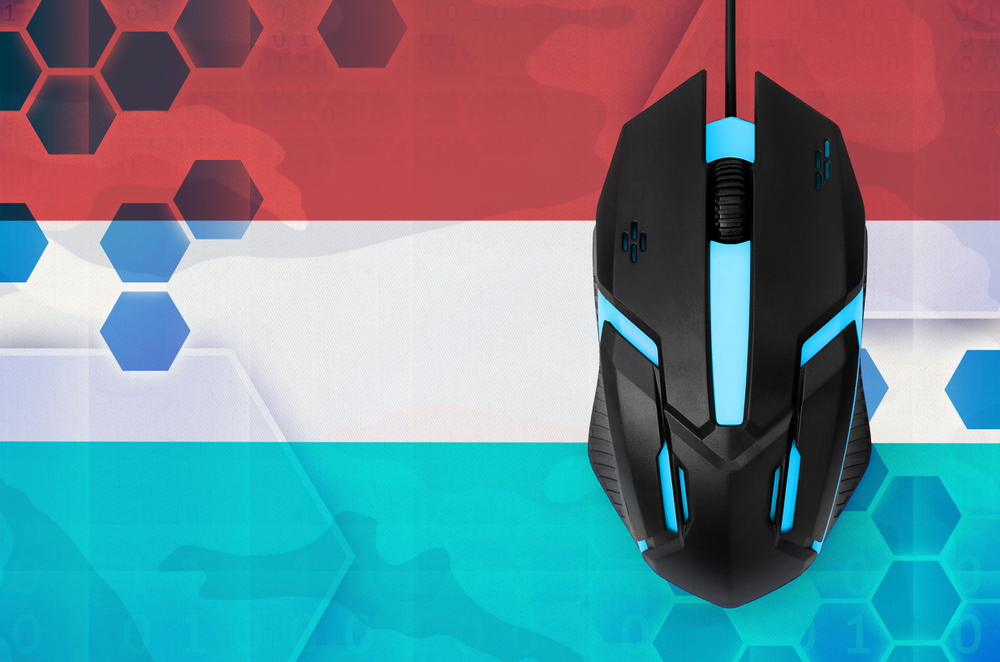
Luxembourg’s Path to a Smart Nation: Building the Future of Sustainable, Connected Living
Scroll
Smart living has become a cornerstone of modern urban development, integrating technology into our daily lives to create efficient, productive, sustainable, and interconnected environments. Luxembourg, driven by a commitment to digital transformation, has been steadily building a foundation for smart living that is deeply intertwined with its strong connectivity infrastructure. Rudy Kech, CO-CEO at Brunata-Metrona and an expert in the field, shares his insights on Luxembourg’s journey through smart living from the past toward the future.
Scroll
The Past: Laying the Groundwork for Smart Living
Luxembourg’s journey towards smart living is rooted in its historical progression from a small, medieval settlement to a thriving hub of connectivity. Much like other European cities, Luxembourg saw transformations spurred by urbanization, the rise of automobiles, and the need for modern infrastructure.
One example is the nation’s first generation of trams, known as ‘Jangeli’, which started operating in 1875. By 1964, the vision for the future involved wider roads to accomodate cars, which led to the removal of the tram tracks. At the dawn of the new millennium however a smarter approach to mobility was needed, which led to a shift away from cars to smart interconnected network of public transports. Thus, in 2017, a modern tramway was added to the existing Park&Ride system to meet evolving mobility needs. “Building a vibrant and smart environment requires the right infrastructure and access,” says Rudy Kech, emphasizing the role that developments in transportation and city planning played in shaping today’s vision for smart living.
In recent decades, Luxembourg has shifted from basic infrastructure upgrades to more complex digital solutions. The early smart city initiatives, like the Hollerich Village project, focused on creating sustainable, zero-energy districts, paving the way for today’s more comprehensive smart living plans. Luxembourg’s government has been instrumental in setting a stable foundation for these newer forms of living, with its push towards high connectivity, prioritizing advancements like high-speed internet and fibre optic networks, which are essential components for a truly connected nation.
The Present: Building a Connected and Sustainable Community
Today, Luxembourg boasts state-of-the-art connectivity infrastructure, essential for supporting the technological backbone of smart living. With 40% of Europe’s Tier IV data centres hosted within its borders, Luxembourg provides one of the best telecommunications infrastructures in Europe. “In populated areas, connectivity is state of the art” notes Kech. This robust infrastructure enables the collection and analysis of data that drives many smart applications, from energy-efficient buildings to sustainable mobility solutions.
Several standout projects showcase Luxembourg’s commitment to smart living. The free public transportation system, launched nationwide in 2020 to make soft mobility more accessible, is one such initiative that has made a noticeable impact. In addition, Esch-Belval, a former steel mill, has transformed into a ‘smart district’, fostering knowledge-based industries and innovation through projects like the University of Luxembourg based at the Cité des Sciences, for example. These initiatives are accompanied by efforts in smart building design, which integrate sensors that can monitor energy consumption, waste, and other important aspects of daily living.
Luxembourg is also making strides in ‘smart governance’, exemplified by the parliament’s petition website, the “comité des usagers” and social media polls by the City of Luxembourg that allow residents to participate in decision-making. Kech highlights the importance of data-driven projects like these, saying, “when done within the right framework, collecting data can be a powerful tool for all citizens, helping us make informed decisions that benefit everyone and improve sustainability”. The data is anonymised in order to protect citizens’ rights and at the same time allows decision makers to harness powerful metrics. “It allows you to analyse trends and understand behaviours, which was formerly impossible”, says Kech.
Despite this progress, challenges remain. Luxembourg’s current landscape of smart projects is somewhat fragmented, often pursued by separate entities without a unified vision. As Kech points out, “the biggest challenge is to have a common goal. Today, Luxembourg has many good initiatives, but they often lack alignment.” A national plan that integrates various sectors – mobility, housing, energy, and digital services – would allow for a more cohesive approach to smart living and the nation’s development in this regard. This is a crucial point according to Kech, which should not be neglected as fragmentised initiatives are at risk of developing into opposite directions and becoming unreconcilable. “Having a smart nation instead of smart cities would be ideal”, Kech adds.
The Future: Creating a Unified Smart Nation
Looking forward, Luxembourg could aim to expand its smart living initiatives into a unified ‘smart nation’ that fully integrates technology, sustainability, and community involvement. As Luxembourg’s population grows, so does the need for innovative solutions in housing, mobility, and environmental sustainability. Kech envisions Luxembourg as a leader in the development of smart, sustainable communities, saying, “Luxembourg has the potential to be a trendsetter – a model for other countries in creating smart, resilient urban spaces. Its distinctive characteristics, such as its size and proximity to bordering nations, could be a unique advantage.”
The upcoming years are expected to bring further advancements in 5G connectivity, AI, and IoT, which will play critical roles in enhancing smart living. With improved connectivity, Luxembourg could introduce more sophisticated applications in areas like autonomous transportation, energy-efficient grids, and smart waste management. Kech is optimistic about the role of local actors, saying, “Local small and medium enterprises are essential to building Luxembourg’s future as a smart nation, connecting resources with consumers and encouraging sustainable behaviour.”
However, Luxembourg’s smart nation ambition would require the alignment of public and private sector goals. Kech underscores the importance of community engagement, noting that “Smart living isn’t just about technology; it’s about involving people in decision-making.” Future initiatives may include community workshops, youth councils, public-private partnerships as well as expert task forces to foster engagement and ensure the smart city developments meet residents’ needs.
Security and privacy will also be central concerns as data plays a more significant role in smart living. Luxembourg’s top-notch cybersecurity infrastructure is already in place to ensure data remains private, but Kech stresses that “it’s important to keep educating people on how their data is used and the safety measures in place.” A high level of transparency will help build public trust, an essential component of a successful smart nation.
With a strong foundation in connectivity, innovative projects in mobility and smart governance, as well as ambitious plans for the future, Luxembourg could be well on its way to becoming a model for smart living. As Rudy Kech puts it, “the key to Luxembourg’s success lies in setting a clear, unified vision for smart living and working collaboratively to make it happen.” With a continued focus on sustainability, innovation, and community, Luxembourg is poised to shape the future of smart living on both a national and global scale. “With its strong infrastructure, Luxembourg is well prepared for new technologies, the trick is to define what we want for the future”, says Kech.

